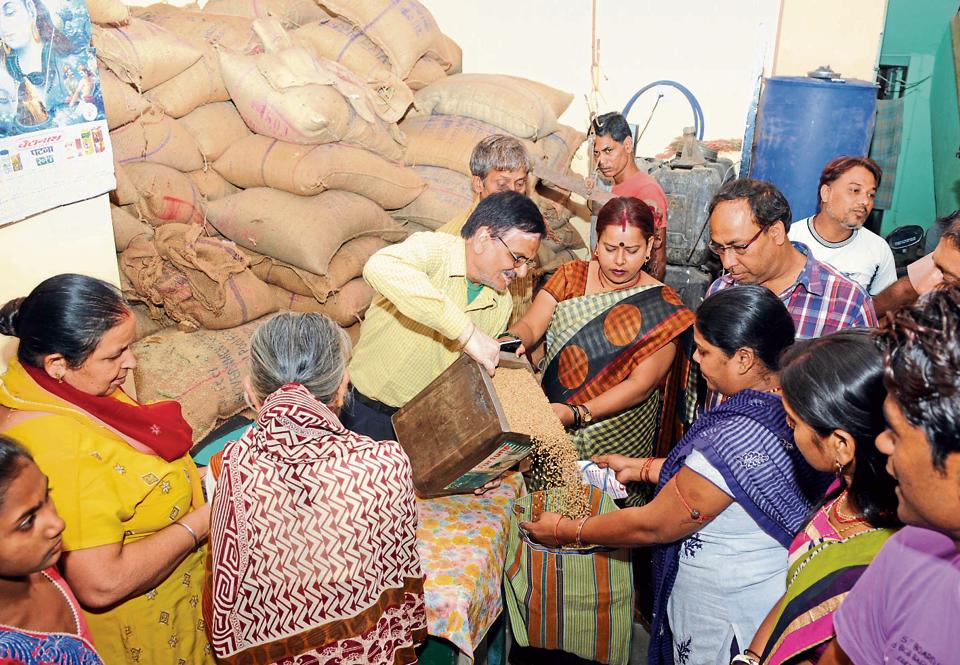In News:Absence of reliable data on children with disabilities, obstructing effective planning, policy shifts: CJI
2.What are the key challenges in the implementation of the Rights of Persons with Disabilities Act, 2016 in India, and how can increased sensitization of government officials and citizens enhance its effectiveness in empowering and including persons with disabilities in society?
The Rights of Persons with Disabilities Act, 2016 (RPWD Act) is a significant step towards ensuring the rights and inclusion of persons with disabilities in India. However, its implementation faces several key challenges that hinder its effectiveness in empowering and including persons with disabilities in society.
Key challenges
- Lack of awareness and sensitization: Many government officials and citizens remain unaware of the provisions and significance of the Act. This leads to inadequate implementation and support for persons with disabilities.
- Insufficient training for government functionaries: While there are initiatives to train government officials, the scale and effectiveness of these training programs are often limited. Without comprehensive training, officials may not fully grasp their responsibilities under the Act.
- Barriers to accessibility: Despite provisions for accessibility in public spaces and services, many areas remain non-compliant, limiting the physical access of persons with disabilities to essential services.
- Inadequate data collection: The absence of reliable data on persons with disabilities complicates policy planning and resource allocation, making it difficult to address their specific needs effectively .
- Limited public engagement:There is often a disconnect between policy formulation and public engagement, leading to a lack of community support for disability rights initiatives.
Enhancing effectiveness through sensitization
- Awareness campaigns: Launching widespread awareness campaigns can educate both government functionaries and the general public about disability rights, challenges faced by persons with disabilities, and the importance of inclusion .
- Comprehensive training programs: Developing detailed training modules for various levels of government officials can ensure they understand their roles in implementing the Act effectively. This includes training on legal provisions, accessibility requirements, and sensitivity towards disability issues .
- Community involvement initiatives: Engaging local communities through workshops and seminars can foster a culture of inclusion and support for persons with disabilities, encouraging grassroots advocacy
- Data collection initiatives: Establishing systematic data collection mechanisms will help identify the needs of persons with disabilities more accurately, facilitating better-targeted interventions .
- Monitoring and accountability mechanisms: Creating robust monitoring systems to oversee the implementation of accessibility standards and other provisions can ensure accountability among government agencies
By addressing these challenges through increased sensitization efforts, India can enhance the effectiveness of the Rights of Persons with Disabilities Act, ensuring that it serves as a powerful tool for empowerment and inclusion in society.
PYQ
- The Rights of Persons with Disabilities Act, 2016 remains only a legal document without intense sensitisation of government functionaries and citizens regarding disability. Comment. 2022
- Does the Rights of Persons with Disabilities Act, 2016 ensure effective mechanism for empowerment and inclusion of the intended beneficiaries in the society? Discuss 2017

